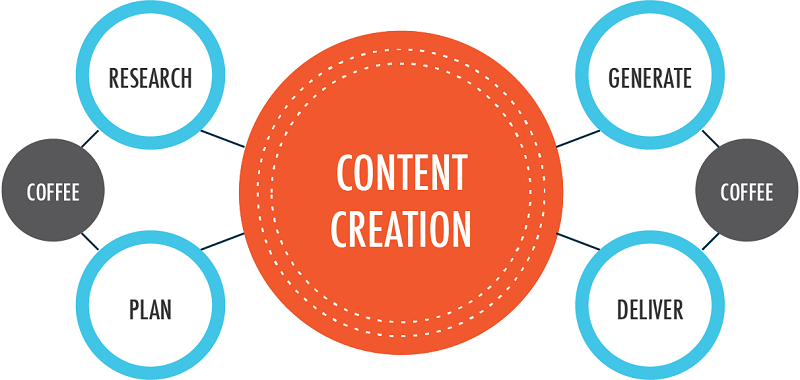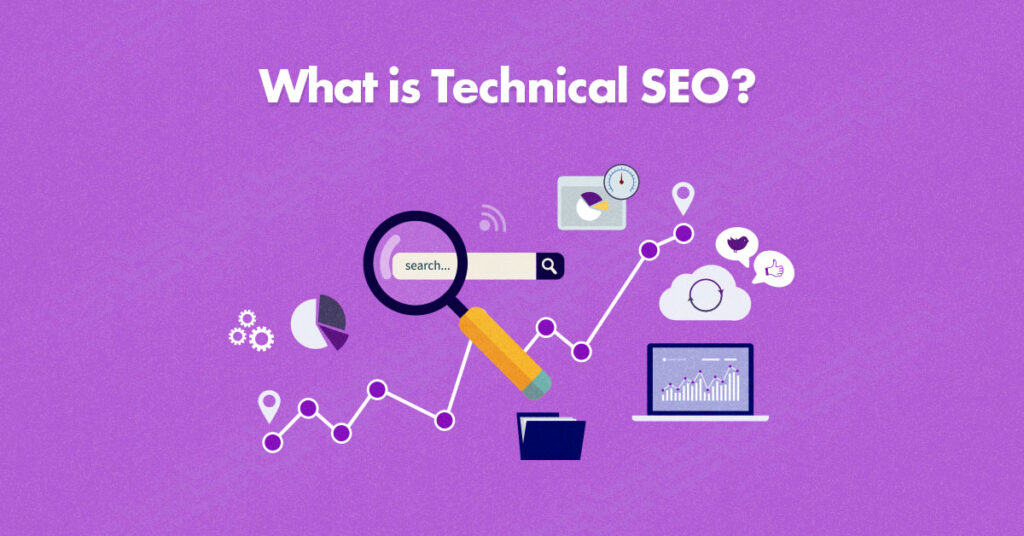In today’s digital age, having an online presence is vital for the success of any business. For e-commerce businesses, this means optimizing their websites to attract organic traffic and boost sales. One of the most effective ways to achieve this is through E-commerce SEO (Search Engine Optimization). In this blog post, we’ll explore the essential strategies for boosting online store visibility, increasing your website’s ranking on search engines, and driving more potential customers to your virtual storefront.
Understanding the Importance of E-commerce SEO
E-commerce SEO involves a series of techniques and best practices that are tailored to the unique needs of online stores. When implemented effectively, it can significantly impact your website’s search engine ranking and visibility, leading to increased brand awareness, web traffic, and revenue. Let’s delve into the key strategies that will help you harness the power of E-commerce SEO:
1. Keyword Research and Optimization

Keyword research is the foundation of any successful SEO strategy. Start by identifying the most relevant keywords and phrases that potential customers might use to find your products. These keywords should reflect your products, brand, and industry. Once you’ve identified them, strategically incorporate them into your product descriptions, titles, headings, and meta tags to make your website more search engine-friendly.
2. High-Quality Content Creation

Content is king, and this holds true for e-commerce websites as well. Create high-quality, informative, and engaging content that not only educates your customers but also serves to improve your SEO. Product descriptions, blog posts, and how-to guides can be a great way to showcase your expertise and connect with your target audience.
3. Mobile Optimization

With the majority of online shopping now happening on mobile devices, ensuring your website is mobile-friendly is crucial for SEO. Search engines prioritize mobile-responsive websites when delivering search results, making mobile optimization a key factor in improving your store’s visibility.
4. Technical SEO

Technical SEO involves optimizing your website’s infrastructure, ensuring fast loading times, proper URL structure, and a well-organized sitemap. This not only enhances the user experience but also improves your website’s search engine ranking.
5. Link Building
Quality backlinks from reputable websites can significantly boost your online store’s authority and credibility in the eyes of search engines. Implement a link-building strategy that includes guest posting, influencer outreach, and partnerships with industry-related websites to increase the number of high-quality backlinks to your site.
6. User Experience (UX)
A user-friendly and intuitive website is essential for retaining visitors and converting them into customers. Improve your website’s navigation, load times, and overall user experience to reduce bounce rates and increase the time visitors spend on your site. This positively impacts your SEO ranking.
7. Social Media Integration

Utilize social media platforms to connect with your audience, drive traffic to your e-commerce site, and improve SEO. Social media signals play a role in search engine algorithms, and a strong social media presence can improve your website’s visibility.
8. Local SEO
For e-commerce businesses with physical locations, local SEO is crucial. Optimize your online presence for local search queries to attract nearby customers looking for your products. This can be achieved by creating and optimizing your Google My Business profile, collecting reviews, and ensuring consistent business information across online directories.
9. Monitoring and Analysis
Regularly monitor your website’s performance using tools like Google Analytics and Google Search Console. Analyze the data to track your progress, identify areas for improvement, and make data-driven decisions to enhance your E-commerce SEO strategy continually.
Conclusion
E-commerce SEO is a dynamic and ongoing process that requires dedication, time, and expertise. By implementing these strategies and staying up to date with the latest SEO trends and best practices, you can boost the visibility of your online store and position it for long-term success. Remember that the digital landscape is constantly evolving, so adapt and refine your strategy to stay ahead in the competitive e-commerce market. With a solid E-commerce SEO plan in place, your online store will have a better chance of standing out, attracting more visitors, and ultimately driving higher sales.
